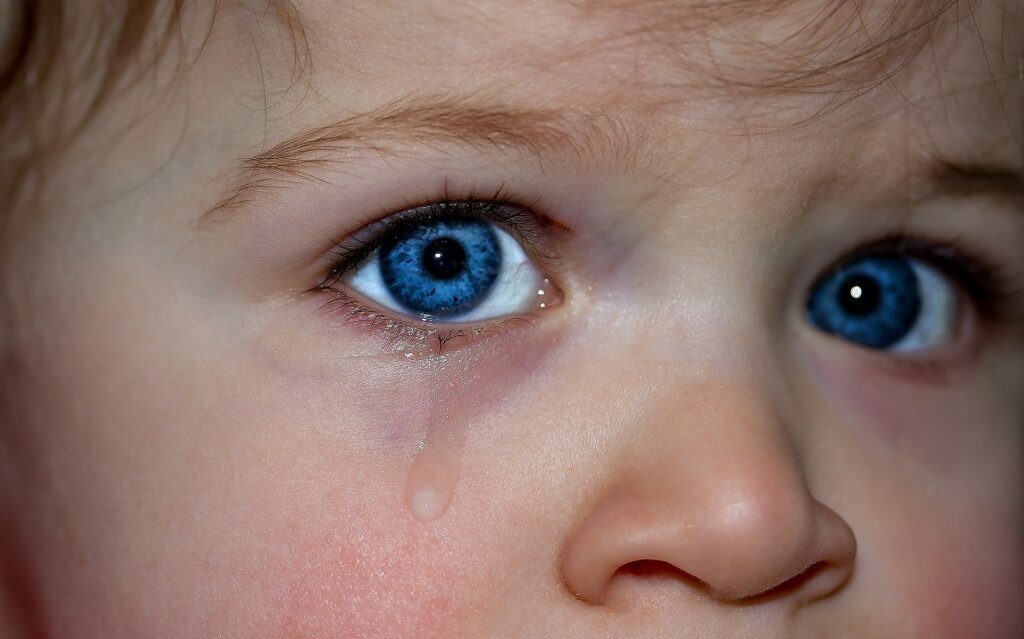
I have been teaching math for almost 17 years now. If you factor in my internships, it is probably closer to 18 years.
Most of the time, the students I was dealing with came from very vulnerable backgrounds.
They all had very low self-confidence and self-esteem.
Many of them had dropped out of the public school system altogether.
Low Self-Esteem Is a Serious Impediment to Learning
Often, it turned out that this was the main reason many students had fallen behind. They suffered so many blowbacks in life, that they no longer believed they could succeed.
Math is one of the subjects, where this becomes visible very fast. It is because math relies on logical thinking and reasoning. The way to solve math problems is often by following concrete steps and formulas.
It is hard to conceal where your weaknesses are in math.
Reading difficulties are much easier to mask.
Don’t make much of a fuss and hope the teacher will not pick you for reading aloud. During self-study, there are many ways you can cook up stories about what you have and haven’t read.
I know, because I have masked my lack of discipline with the same methods over the years.
Math is different. In math, every skill chains together with another skill. If one link breaks, the chain falls apart.
Most of my students turned out to know the skills. Or at least have the potential to learn them. But they didn’t dare.
The fear of failure was overwhelming. It was easier to resist attempting to solve the problem altogether. Or stay away from class.
There is another way the low self-esteem manifested itself. The students started to talk down on themselves in extreme ways. “I am a sucker at math!” I will never learn it!”. Especially, if they encountered a bump on the road. No matter how minor that bump was.
My Students Had to Re-Learn to Believe That They Could Succeed
The only way to deal with this was to try and rebuild their self-esteem. Theme-based learning can be a great method for this.
Theme-based lessons emulate learning processes in a more natural way.
Many times, there was no way around setting the bar very low. Low as in “let us go back to second or first-grade level”. No matter the age of the student.
The trick was to make them experience success again. Over and over. Of course, they could solve first-grade math problems. But they also had to believe that they could.
During Tutoring, I Meet an Increasing Amount of Students With Very Low Self-Esteem
For the last couple of months, my main source of income has come from tutoring and online lessons.
I have clients from many layers of society. The wealthy and the middle class. Immigrant families. Academic and artisan families.
Most of the students are not dropouts. They are average students, who attend average public schools.
But I do notice that many of them also suffer from extremely low self-confidence. Often, students do not dare to tell me the results of their calculations. Because they fear it is wrong.
They tell me that they understand something when it is clear that they don’t.
This leads me to some deep reflections as a teacher. Are we destroying young people’s self-esteem in our education system?
Why do we do that? What is the end goal?
I do not know all the answers. But I fear that in our attempt to make our students excel academically, we put too much pressure on them.
When we make everything dependent on the correct letter grade, we teach them that it is wrong to fail. That being wrong is a disaster.
As a result, we disrupt the learning process.
Learning is the process by which knowledge we transfer knowledge into understanding. And by which we put the understanding into practice.
If students are not allowed to get the wrong answers, we stop the process. They never make the move from knowing to understanding.
We have an increasingly complex world. Full of global problems. Understanding things is an essential skill for the 21st century. Utilizing our understanding is even more so.
We are heading down a dangerous path. I fear that many of the students I meet will carry mental scars for a long time into their adult life.
The Task of the Teacher Is to Build Self-Esteem and Self-Confidence in Students
This calls for some serious introspection from us teachers. It is in our hands to create good learning environments. Where students can build self-confidence and self-esteem.
We need to encourage our young minds to embrace failure and learn from it. To do that, we need to create school environments, where we legitimize failing.
My time teaching vulnerable students has made me very conscious of this matter.
But it breaks my heart to meet so many young people in this situation. It is needless and counterproductive.
Fellow teachers, parents, or pedagogues. Show compassion. Do what you can to build our children up instead of tearing them down.
Remember to show appreciation for their small successes. And try not to judge them too harshly for their mistakes. It impedes the learning process and their resilience more than you realize.




